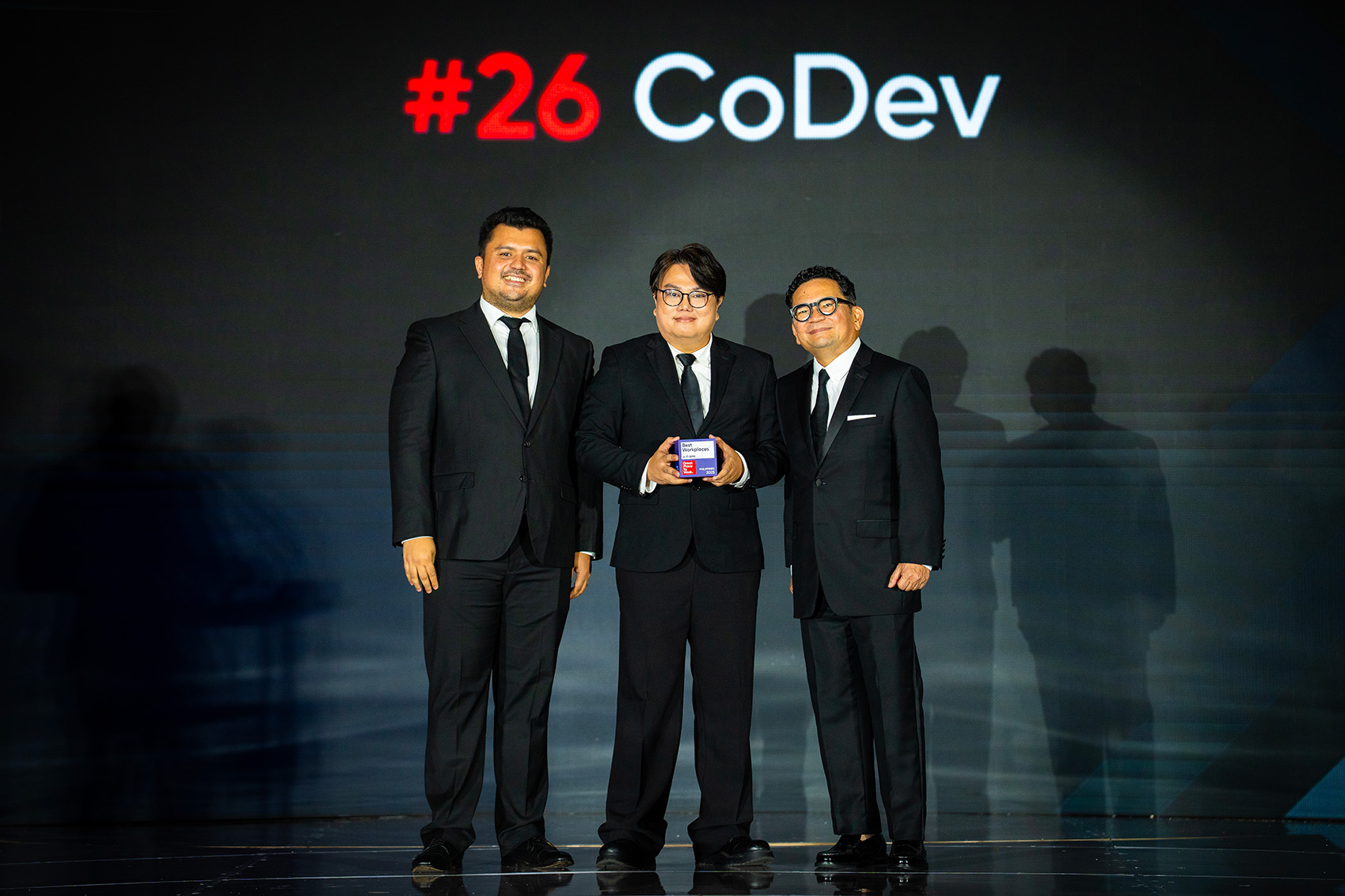Texting Culture in the Philippines: How Filipinos Became the World’s Texting Capital

When people think of the Philippines, images of stunning beaches, warm smiles, and world-class hospitality come to mind. But there’s one more thing this country is famous for: texting.
In the early 2000s, Filipinos were sending over a billion text messages every single day, earning the country the global title of “The Texting Capital of the World.” But this wasn’t just a technological fad. It was a cultural phenomenon, one that continues to shape the way Filipinos communicate, both at home and at work, as well as in remote teams worldwide.
For businesses partnering with offshore teams in the Philippines, through CoDev, understanding this texting culture is more than just trivia. It reveals why Filipino professionals are some of the most responsive and easy-to-work-with remote experts in the world.
Read more below to find out more about the Filipino texting culture!
A Quick History: How the Philippines Became the Texting Capital
The Rise of SMS
Text messaging (SMS) was introduced in the 1990s, but it truly exploded in the Philippines in the early 2000s.
Here's why:
- Cost-efficiency – Texting was significantly cheaper than voice calls, making it the most accessible communication method for millions of Filipinos.
- Prepaid mobile boom – Telecom companies launched prepaid SIM cards with free texts or cheap text bundles, fueling their widespread adoption.
- Cultural value of connection – Filipinos are known for their tight-knit family and friend circles. Texting made it easier than ever to stay in touch, even from afar.
- Youth-driven adoption – A tech-savvy, socially active younger generation embraced texting not just for communication, but as a way of life.
By 2008, Filipinos were sending more texts per day than the United States and Europe combined! What a feat!
From Texting to Teamwork: How This Culture Still Shapes the Filipino Workforce
Though SMS has evolved into tools like Slack, WhatsApp, and email, the behaviors shaped by that era still influence how Filipinos work today.
1. Fast, Responsive Communication
Growing up in a texting culture, Filipinos respond quickly, often within minutes. That habit carries over into the workplace. Clients working with CoDev’s offshore developers, marketers, SDRs, and designers regularly experience:
- Quick turnarounds on project updates
- Prompt responses to Slack or email messages
- Fewer delays in clarification, feedback, or task execution
This level of responsiveness is a significant advantage for remote teams working across time zones.
2. Concise Messaging
Text messages once had a 160-character limit. That trained an entire generation to communicate with brevity and clarity. Today, that translates to remote experts who:
- Clear and direct project updates
- Less fluff, more focus on messages
- Smooth task handoffs and status reporting
In high-velocity tech environments, this skill saves time and boosts productivity.
3. Relationship-Oriented Communication
Texting in the Philippines wasn’t just transactional—it was personal. It helped maintain closeness, even from afar. Filipino professionals bring that same emotional intelligence to their work. Clients often see:
- Friendly, respectful communication
- Strong interpersonal rapport with both teammates and customers
- A human-centered approach to collaboration
This cultural trait helps remote teams feel more cohesive, even across continents.
Why This Culture Matters for CoDev Clients
Understanding the impact of the Philippines’ texting culture helps CoDev clients work more effectively with their offshore teams—and explains why these teams often exceed expectations.
Faster Project Turnarounds
Text-trained responsiveness leads to faster decisions, quicker iterations, and fewer communication delays.
Easier Team Integration
Filipino professionals are proactive communicators. They integrate seamlessly into existing team structures, often becoming valued contributors from day one.
Fluent Across Tools and Platforms
Whether it’s Slack, Jira, Teams, Notion, or email, Filipino team members quickly adapt and use these tools with ease, keeping communication fluid and organized.
Customer-Facing Strength
For SDR and support roles, this culture is a significant advantage. Filipino professionals are often characterized as thoughtful, friendly, and composed in their interactions with customers.
Less Miscommunication
The habit of keeping messages short and clear helps reduce misunderstandings. CoDev clients benefit from smoother collaboration and fewer project hiccups.
Emotional Intelligence and Empathy
The relational aspect of texting has fostered soft skills such as tone awareness, sensitivity, and diplomacy. This helps remote workers connect well with diverse teams and clients.
The Philippines: A Billion Texts Later
The Philippines may no longer hold the title of “texting capital,” but the habits remain. In the workplace, they are characterized by prompt responses, clear communication, and caring team members.
For CoDev clients, this means working with remote experts who aren’t only technically skilled but also strong communicators, empathetic collaborators, and valuable teammates.
Want a team that communicates as well as they code, market, or design? Hire your next offshore expert with CoDev—where connection starts with culture.




